Everything you ever wanted to know about rhinoplasty/nosejobs, but were afraid to ask
Like many celebrities, this plastic surgery stalwart is well-known, but little understood. That changes today!
WTF is a rhinoplasty anyway?
Here we go again…
Before I say anything else..
This post will assume that you’ve read The Rules and their deep-dives
and the Research Phase Guide to getting cosmetic work
If you haven’t yet, well…
What do I want YOU to know about rhinoplasty?
So, a rhinoplasty or a nose job (and I’ll use these terms interchangeably throughout this post), is one of the most familiar plastic surgeries and yet hardly anyone knows what one actually involves.
Everyone can name someone that they think, or know, has had a nose job. Nose jobs are commonly talked about in the media. Somehow, though, very few people know what’s actually involved. Including - sometimes - people who have had nose jobs.
My aim with this post is to demystify the process and give you the fruits of my knowledge from my two rhinoplasties.
Yes, two. We’ll get into that later.
Can it really be *that* complicated? 🙄
Well, yes… And here’s why.
Your nose is:
a) the organ through which you breathe
b) in the middle of your face
c) more tied to your identity than you’ve ever had to think about
The nose is the organ through which you breathe1.
There is no other cosmetic surgery that alters a vital organ so significantly, with the sole aim of making it more aesthetically pleasing.
If something goes wrong with your nasal passages during a rhinoplasty, or not enough cartilage is left in your nose, that can impact your breathing for the rest of your life.
It might not just be your breathing, it might also be your sleep quality, your voice, your sense of smell and the terrifying prospect of septal perforation2.
There are countless accounts of people who have a rhinoplasty, are initially delighted with the results and then have significant, even life-altering complications.
In some of these cases - and I want to stress that this isn’t unusual, particularly if the surgery is performed by a mediocre surgeon - their noses later have to be rebuilt from the inside with cartilage taken from their ears or ribs because the original surgeon did not leave enough cartilage for the patient to actually be able to breathe consistently and sustainably and their noses start to collapse.
It's not a horror story, that's the reality of it.
Your nose is in the middle of your face
I know, seems obvious, right? But if anything goes wrong, or isn’t to your satisfaction, there’s no way to hide your nose, short of wearing an actual mask3.
Bear in mind that no cosmetic surgery outcome is 100% predictable. All you can do is hedge the risk as best you can. And THEN bear in mind that - as above - rhinoplasties are complex. So there’s a decent chance that you’re not going to get a ‘perfect’ outcome4 and then you have to manage your reaction to potential imperfection in the middle of your face.
People often fail to prepare adequately for their post-surgery reactions. I’ll talk about that in more detail in a couple of sections’ time.
Your nose is more tied to your identity than you’ve ever had to think about
Many people wildly underestimate the impact that changing their nose is going to have on their appearance.
A person could have been obsessed with their nose, obsessed with having a smaller nose, a more turned-up nose. Compelled to have a rhinoplasty for decades. Have convinced themselves that they would be so much happier if only they could be rid of their ugly/bulbous/long/crooked/ad infinitum nose.
And then when the cast comes off, they look at their faces and suddenly their nose is unrecognisable to them.
And it feels deeply alien and deeply unsettling.
People can have quite a visceral reaction, that they were completely unprepared for.
That can be compounded if their nose, prior to surgery, was one that was a distinctive, inherited ‘family trait’, or a nose typical of that person's ethnicity.
Post-surgery, it no longer resembles the nose that their families or other people of their ethnicity have.
This is not something I have personal experience of, although both my parents do have strong noses and I inherited qualities from both.
Time and again though, I've witnessed people on plastic surgery forums who are unprepared for and horrified by the change they were going to see when they looked in the mirror, even though they were convinced that they wanted a different nose.
And, as above, it’s in the middle of your face. Any regrets you may have, you can’t just tuck away, out of sight.
It’s also extremely common that people who had crooked, or bumpy noses that they hated, have those elements smoothed or straightened out and then miss the comforting, tactile sensation of rubbing that lump or bump.
Human emotions are unpredictable. So is surgery.
What that means
If you can't breathe post-rhinoplasty, you're going to regret that for the rest of your life.
If you don't like your nose post-surgery, there is nowhere for you to hide.
And I'm not saying this to scare you unnecessarily, but people have become very, very casual about cosmetic work.
As I will always say, I am a big fan of cosmetic work if done for the right reasons, in the appropriate circumstances, and performed by the right expert practitioner. There's no part of me that would want to promote a casual approach to this.
I will also always say: plastic surgery isn't the right outcome for everyone. Possibly for a majority of the people that think it’s a solution to whatever they have going on.
I am very active in a number of forums about cosmetic surgery.
I read a lot.
I research a lot.
I live and breathe this stuff5
And I cannot over-emphasise how many people have cosmetic work and then regret it, particularly when it comes to noses.
There are two enormous factors:
The risk of a less-than-perfect outcome is high
Many people have an unrealistic expectation of surgery.
There are very few perfect results when it comes to cosmetic surgery, of any variety.
Generally, there will always be something that isn't ‘perfect’.
And we are getting worse and worse at tolerating imperfection.
I have seen more posts than I can count of people post-rhinoplasty, who have a nose that is objectively more refined, smaller, and suits their face.
And they are obsessing 23 hours a day about the fact that - if viewed from underneath - one of their nostrils is not perfectly symmetrical, post-surgery.
To anyone who’s never obsessed over their appearance in this way, that might seem really funny.
But often, people get cosmetic work because they have developed an obsession with a part of their body and they are just looking to stop that obsession, and they have come to the conclusion that cosmetic work is the right way to do it.
And for some people, it is.
I was extremely obsessed with my nose, had rhinoplasty, and am now far less obsessed with my nose. I would be the first to admit, though, that I'm not immune to the odd contemplation of my nose - which is not ‘perfect' - and wondering whether I should get another procedure.
I will not get another surgical procedure on my nose.6
But I do want to be entirely transparent and say that even though I am happy with my nose, and it’s objectively a much nicer nose than I had before, it’s not perfect, in that it's not entirely symmetrical. And sometimes I spend (waste) entire minutes looking in the mirror and wondering if I should do something else.
However, my nose was also significantly more asymmetrical before I had the surgery and many of the things that I disliked about my nose have been entirely eradicated.
But people do tend to have unrealistic expectations of surgery, and we look at ourselves far more closely than we look at others.
It's very easy, if you spend enough time looking at angles that no other person would ever see your nose from, under a magnifying mirror and harsh lighting, to convince yourself that your nose is a disaster and that your surgery was a mistake
Sometimes people have unrealistic expectations of the outcomes of plastic surgery
I talk about this at length in everything I write on this topic, but it bears repeating.
The way that we feel about how we look has little-to-no correlation to our actual physical appearance.
There are people who feel unlovable, who feel that they have not achieved what they want in life, who feel like they don't have the partner that they want, who feel like they don't have the unconditional love that they want, and they persuade themselves that the obstacle to a lifetime of happiness is a perceived imperfection of a part of their anatomy.
Because noses are prominent in our faces, and they come in many, many shapes and sizes, people can often come to a conclusion of: if only my nose were different, my life would have been different.
If only I had a smaller nose, a cuter nose, a nose more like X celebrity, then I would have a partner who loves me and I would no longer suffer this crippling self-doubt.
I've said it a thousand times, those are not good reasons to have surgery, but they are reasons why some people do have surgery.
The inevitable outcome for anyone who has surgery with the expectation that the surgery will change their deep-seated feelings of lack of self-worth is that they are going to be disappointed. And thousands of pounds worse off.
That becomes:
My nose is different, but I don't feel different.
People aren't reacting differently to me.
My surgery was a mistake.
It breaks my fucking heart, but I see it happen all the time.
I implore you to enter into any surgical work really, really consciously.
The mechanics of a nosejob - what actually happens during surgery
During
A nosejob is performed under general anaesthetic and takes around 1-3 hours. During the surgery, the surgeon moves and/or removes bone and/or cartilage to change the shape of the nose. No skin is removed.
The surgeon goes inside the nose and reshapes the cartilage of the nose. They might stitch it together, they may remove cartilage, they may break the nose in order to reset it with more of a curve or to straighten it out if it’s broken, crooked or bumpy. Bone may be shaved. They may redistribute cartilage to change the look of the tip, they may cut the depressor muscle to prevent the nose from being pulled down when the patient smiles.
After
During the final stage of surgery a cast is applied, then you go off and recuperate for about a week, before going back to your surgeon to get your cast removed. Really revolting pimples may develop under the cast. You’ll feel as if you have a heavy cold, because the body is used to feeling ill when the nose is that blocked.
You can’t blow your nose or really touch it all for a couple of weeks. And it’s full of blood and snot. If you’re me, you start sniffing outwards hard to expel blood and snot from your nose whilst in the shower, when the steam has loosened everything up7.
Some surgeons advise taping the nose after the nose is removed. I have never met an expert UK surgeon who recommends nose-taping.
Recovery period
In addition to this:
Any rhinoplasty surgeon should tell you that a rhinoplasty outcome cannot be known until at least a year after the surgery. At least. The swelling can be intense, it’s a traumatic experience for the face and the skin needs to re-drape and re-settle around the nose’s new structure.
In spite of this, every day people rush to the internet 2 days after cast removal, saying “MY NOSE DOESN’T LOOK RIGHT.” “IS THIS BOTCHED?” “I HATE IT. I HATE MY LIFE.”
For the love of God, please, do not be one of those people.
This type of reaction, btw, is why I’m so stringent about my recommendations for the research phase and Rule 4.
Invariably the people who’ve been looking for a fast, cheap nosejob, that they’ve barely researched, paid for on credit, often travelled abroad for - and have been warned about the dangers of that approach - end up sobbing and bleating that they didn’t get the result that they wanted within 24 hours of cast removal.
Those are the people who say “I didn’t understand what a nosejob was, not really. I didn’t knooooow!”
I try to be sympathetic but, honestly, they boil my piss.
Open or closed?
Two terms you should be aware of if you're researching a nose job are ‘open’ and ‘closed’. These refer to the way in which the surgeon accesses the nose in order to perform the surgery on it.
Open
If a nose job is done open, it means that the surgeon makes an incision under the nose, between the nostrils8, and then lifts and peels the flesh of the nose from the face (it stays attached to the face and is supported throughout the surgery)9 giving the surgeon direct access to the exposed cartilage and bone10.
It will be stitched up after surgery - anyone who gets an open rhinoplasty will have an extra incision on the outside of their nose. That also means extra healing and it can leave a permanent scar depending on how well you heal.
Closed
During a closed rhinoplasty, the surgeon will perform all the necessary steps (stitches, bone-shaving, cartilage removal), without separating the nose from its base.
The most skilled surgeons tend to offer closed because it's easier to heal from and there is less risk of scarring.
So when you're talking to a surgeon, you should absolutely understand whether they are open or closed practitioners.
Some less skilled rhinoplasty surgeons will tell you that only ‘simple’ work can be done closed. If you talk to an expert, they’ll tell you that this is untrue for the average cosmetic nose job, particularly if it's the first nose job you're having.
An expert rhinoplasty surgeon might perform ‘open’, is if they're doing reconstructive work on the nose requiring a cartilage graft, but even this is successfully done ‘closed’ by some surgeons.
There is more on this in the ‘Finding A Surgeon’ section below.
Reconstructive rhinoplasty
This post is not really geared towards reconstructive surgery (as opposed to purely cosmetic) because it's a more complex process with different intended outcomes. I have no experience of it myself, but have some knowledge, because of the research that I've done and the conversations I've had with surgeons along the way.
Reconstructive work can take substantially longer and may require multiple operations - as is the nature of most reconstructive cosmetic work. Reconstruction is often for someone who has had a traumatic face injury in a car crash or similar. Rugby players are quite common candidates for reconstructive rhinoplasty because of all of the damage that they've received to their noses over the course of their sporting careers.
Revision - two flavours
Corrective
Reconstructive work is sometimes needed as part of a revision rhinoplasty, if a patient has had what is typically referred to as a ‘botched’ surgery.
Typically ‘botched’ shouldn't just mean that it doesn't look the way you'd like it to look. It would normally mean that the rhinoplasty has been so poorly performed that it could impact your health.
There are reconstructive surgeries for people who have had a prior rhinoplasty or multiple rhinoplasties. In these instances, the nose is rebuilt from the inside, usually with a cartilage graft (or grafts, depending on the severity of the case).
It can also be that a person is unhappy with their surgical outcome - without impact to their health - and they have their procedure ‘revised’ usually by a second, more experienced surgeon.
Conservative
Not all revisions are to correct ‘botched’ work. It is very common in the UK for expert rhinoplasty surgeons to perform what’s known as a ‘conservative’ first procedure, really doing the least possible, whilst still aiming to meet the patient’s outcomes.
Then, after the one-year recovery period is over, if the patient feels that they would like ‘more’ to get to their desired outcome and the surgeon agrees that more can be done and that it would be beneficial to do so, they will perform the revision free of charge11. This gives the surgeon the benefit of having already operated on the patient and observing their recovery and better informs their decisions in the second surgery.
This is why I have had 2 nosejobs. My guy - who has since retired - was one of the top 3 in London at the time, did reconstructive surgery closed and was a big believer in the 2-stage approach. My nose now is unrecognisable from my original nose, but I still look like myself.
Reminder: my nose is still not perfect 😊
He and I agreed that there was “more to do” and I went in for my second rhinoplasty a year to the day after my first.
Finding a surgeon
An ENT is non-negotiable
If you're thinking about getting a nosejob, your surgeon should be an ENT12 who subsequently trained in plastic surgery and is now an expert cosmetic rhinoplasty surgeon.
And their current job should be a plastic surgeon, not an ENT consultant.
You don't want a nosejob from an ENT surgeon who occasionally does rhinoplasties. ENTs tend to perform rhinoplasties in order to correct specific breathing issues for a patient, rather than for an aesthetic/cosmetic effect.
A lot of people choose poorly here, because the ENTs who do occasional rhinoplasties - usually to correct genuine deviated septums - are cheaper than the cosmetic rhinoplasty experts.
To repeat: only get cosmetic rhinoplasty with a cosmetic rhinoplasty surgeon.
Your surgeon should understand every aspect of the construction of the nose, the health of the nose, the way in which the nose enables us to breathe, but also have expert skill at cosmetic nose jobs.
If your cosmetic surgeon is not also an ENT, even if you think that their results look great - and they can be extremely aesthetically pleasing - you risk that they reshape your nose without regard for the nose’s primary function: breathing.
This is highly risky. There are thousands of ENTs-turned-cosmetic-surgeons in the world to pick from. You only need one. Find one. Don’t take this risk.
What to expect from a consultation
I cover a lot of this here:
And here:
So this will cover rhinoplasty-specific advice and should be read in conjunction with the above 2 articles.
Meet with at least 3 consultants
This is always my advice when considering any cosmetic work, and for noses, it’s really critical. I cannot stress this enough.
To reiterate ad nauseam: your nose is in the middle of your face, and it is the organ through which you breathe.
Ask everything as outlined in the Research Guide. There’s a consolidated version here.
It’s a lot of older men
When you meet with them, be prepared for the fact that they are likely to be men13, probably in their 50s.
That's normal for this surgery, because that's the amount of surgical experience that you want them to have before you're letting them loose on your face.
So you are going to be talking to a lot of older men.
I've never had a negative experience of that, but I have heard of some people who found themselves quite overwhelmed or intimidated in those circumstances.
There's not much I can say to prepare you for it other than to warn you that this is the demographic that you're likely to be meeting with. As ever, if you don’t like them, leave.
Photos
Before and after
I make my opinions of before and after photos clear here:
TLDR: Unless they’re your before and after photos, they are completely irrelevant.
My one exception to this would be if you’re seeing a surgeon who performs ‘open’ and then the only thing you’re interested in is seeing how their columella incisions heal. And this is actually pretty important, in this context.
I’d still recommend you find a closed surgeon.
Your nosejob inspo photos
I am very grateful that my rhinoplasties pre-dated Pinterest 😂
Some surgeons will entertain looking at photos that you've brought in for inspiration, other surgeons won't. Neither approach is necessarily wrong.
As I’ve written about extensively in the past, whether they look at your photos or not, no surgeon should be looking at you and saying, oh yes, I can take X person's nose and put it on your face.
And remember, you don't actually want to look that different. Even if you think you do.
The outcome you should be aiming for is to have a more balanced version of your current nose on your face. It should be proportional to your face and it should suit your face.
The best work you can have is work where your nose is changed, but where your face hasn't really.
If you see a genuine expert, they will tailor a nose that’s proportional to your face and other features, whilst making sure you’re still recognisably and indisputably ‘you’.
Chin implants
It's relatively frequent in rhinoplasty for a surgeon to suggest a chin implant.
Sometimes your nose is not too big/long, it's that your chin is not proportionate to the rest of your face and it may benefit from being extended.
This is a delicate balance - you don't want to be oversold, but if you're consulting with a reputable expert, then they should be ethically sound.
Yet again: do not go to conveyor-belt clinics that tend to prioritise sales over surgical outcomes.
If a surgeon recommends a chin implant
This another reason why it's a good idea to see more than one consultant and to see them more than once.
Don’t disclose the chin implant advice initially to another consultant. Give them the space to recommend this themselves.
If they say upfront without being asked, “In my professional opinion you need a chin implant” then it’s probably time to take that advice seriously.
If they don’t mention a chin implant at all, tell them that a chin implant had been recommeneded by another consultant and you're curious as to why they haven't mentioned it. Their answer will be revealing, whatever it is.
If you are going to get a chin implant14, ask exactly the same questions of your consultant’s chin implant experience as you would their rhinoplasty experience.
Even though the surgeries will typically be performed at the same time, treat them as two completely separate surgeries from a research perspective. Do not assume that, because your person is great at noses, they are also great at chins
Mock-ups
There is increasingly a trend - particularly amongst younger surgeons to offer mock-ups.
Everyone I know and follow that is an expert in plastic surgery advises against these and that's because they are purely indicative.
A piece of software has no way of understanding the density of your skin, your ability to heal, your propensity for swelling and many other factors that will impact your final result and how your face will look.
This does mean that you go in somewhat blind and that's why - in order to be confident that your surgeon can get you a good outcome, that you feel comfortable with - you need to ensure that they have understood your aims and outcomes, and that they are the person with the right expertise and knowledge to get you to that outcome.
That also means that you need to be aware of what outcome you are looking for.
Be honest and realistic about outcomes
I write about this extensively in every post in the Getting Work Done section of this site, because it’s a fundamental of *coughs* getting work done.
But in brief
Your surgeon is not a mind reader
Or a magician
If, actually, your reasons for surgery are emotional rather than physical/aesthetic, your surgeon cannot, by wielding their chisel, make you more lovable, less single, better understood by your family or more valued at work.
Open/closed and revision conversations in a consultation
Open/closed
Typically, the most experienced, expert rhinoplasty surgeons will pride themselves on doing ‘closed’ nose jobs. It’s usually a useful indicator of the knowledge, experience and skill of that practitioner
If you're talking to a surgeon who only does ‘open’, or is recommending open in your case, ask why. Closed is much easier and less traumatic on the body.
Revisions
If you are consulting a surgeon for a ‘first time’ rhinoplasty, you should still ask
How many revisions they do
How many of those are revisions of their own work
How many of those are ‘corrective’ vs tweaks of prior ‘conservative’ surgeries
How many are fixing other people’s work
These are totally normal, standard questions to ask of any rhinoplasty surgeon during a consultation. If they’re evasive or dismissive, I would not take them seriously.
If they’re performing revisions/reconstructions of other people’s work, this is generally a good sign.
A GREAT sign is a surgeon whose eyes light up when he15 describes a complex cartilage reconstruction. Those are the super nerds who truly love their craft.
Anything else?
There’s a lot here already, my darling.
But the one thing that my surgeon told me that usually blows people’s minds (and yet another reason why cosmetic surgeons are difficult to predict): bones have a memory. So even if you have a bump shaved or broken down, the body’s instinct can be to reform the old tissue and reconstruct the bump.
He warned me about this before my first surgery and was more aggressive the second time after it *did* reappear. Even now, after 2 goes-around I have a tiny bump that I can feel, but that isn’t noticeable.
NB I’m deliberately not discussing non-surgical nosejobs in this post - I’ll cover it in future.
Can I tell you more about my own experience?
That’s content that I reserve for the paid community - it’s too weird and intimate to share widely.
At the moment, Substack doesn’t differentiate between ‘free subscribers’ and ‘literally everyone else on the internet’. That’s why I took the decision to have paid content almost from the outset.
This isn’t a sales pitch, it’s an explanation 😊.
Do I think you should get a rhinoplasty?
If you can’t decide this for yourself, you’re not ready for any cosmetic surgery. Go well x
If you’re thinking “Ha! I breathe through my mouth! Cope!” then please read this asap and STOP DOING THAT.
That thing that Daniella Westbrook had
And we’ve all had enough of *those* for a while
Whatever one of those even is
Through my extremely functional nose.
Only 2 surgeries per body part, remember
I still do this sometimes now. It feels fucking amazing and I make no apologies.
It’s called the columella
If you're curious, you can see what this looks like by pasting this into Google image: what does an open rhinoplasty surgery look like. The photos are GRAPHIC, which is why I’m not including them in the post.
If this is grossing you out and you’re thinking of getting one, a rhinoplasty might not be the right outcome for you
Anaesthetic and theatre/hospital costs are still paid by the patient
Ear, nose and throat surgeon
Because: patriarchy
I did not. My consultants were disconcertingly, unanimously, perhaps unflatteringly, certain about my chin’s strength 😂.
Honestly, they’re always ‘he’


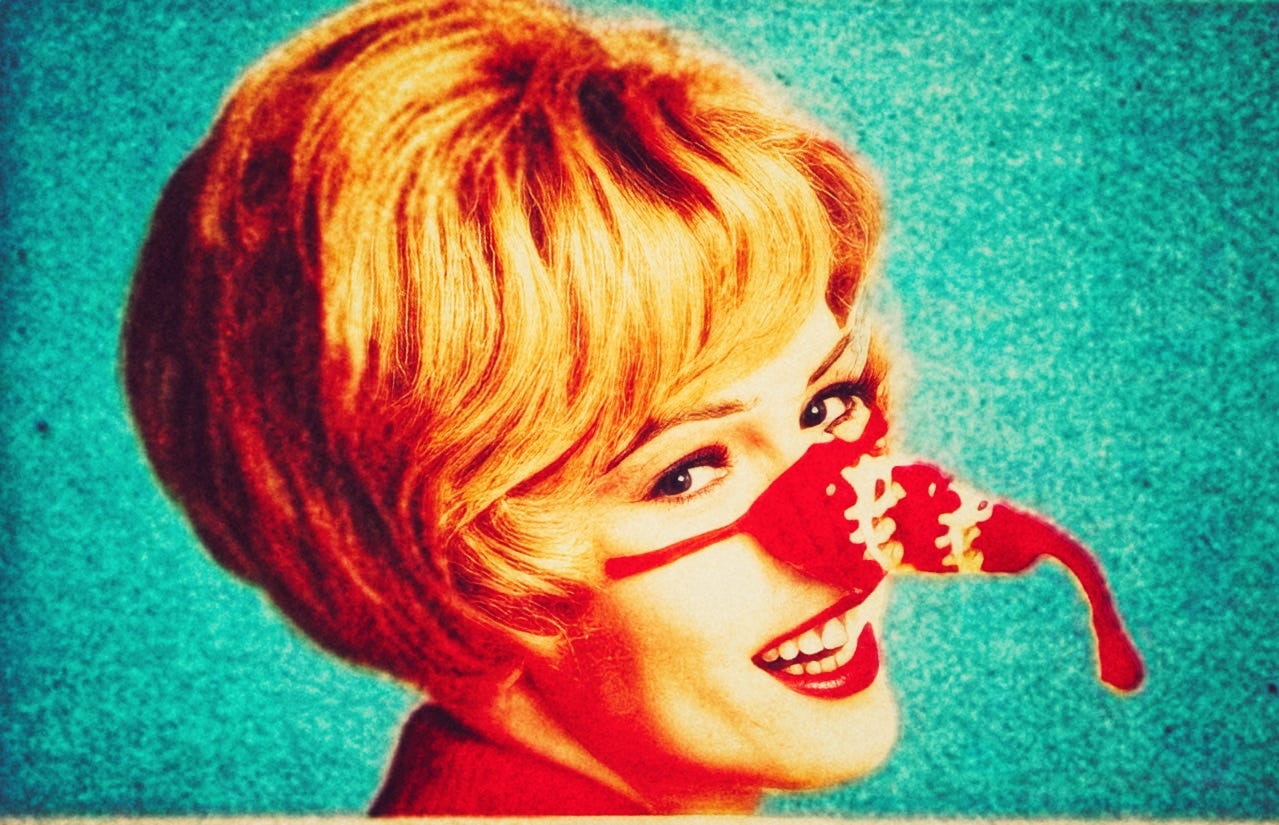



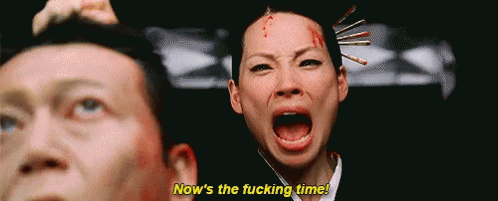
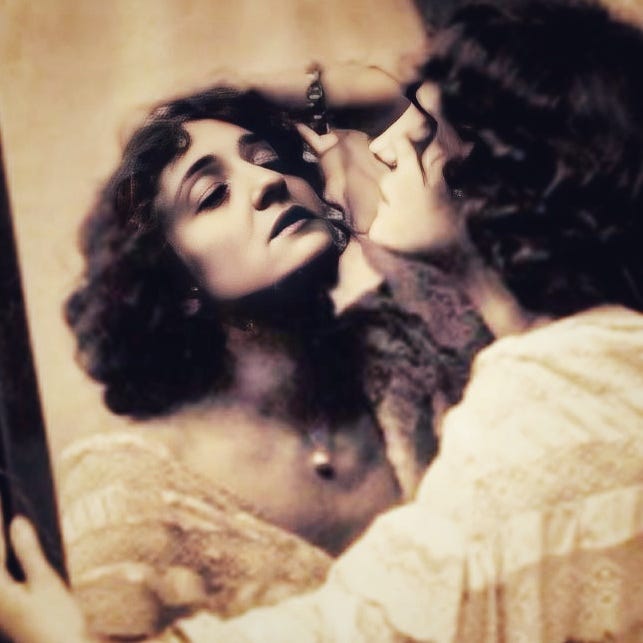

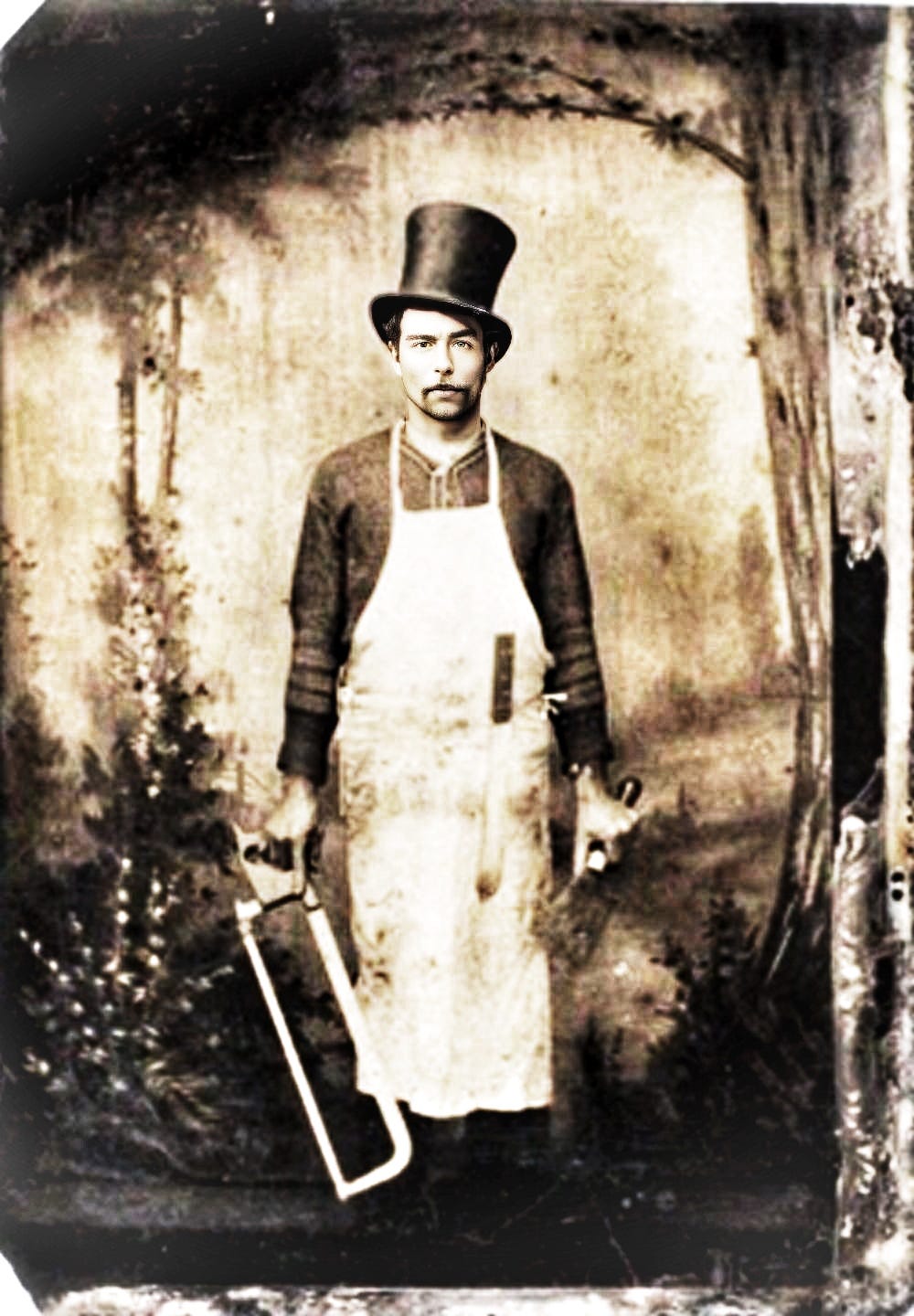

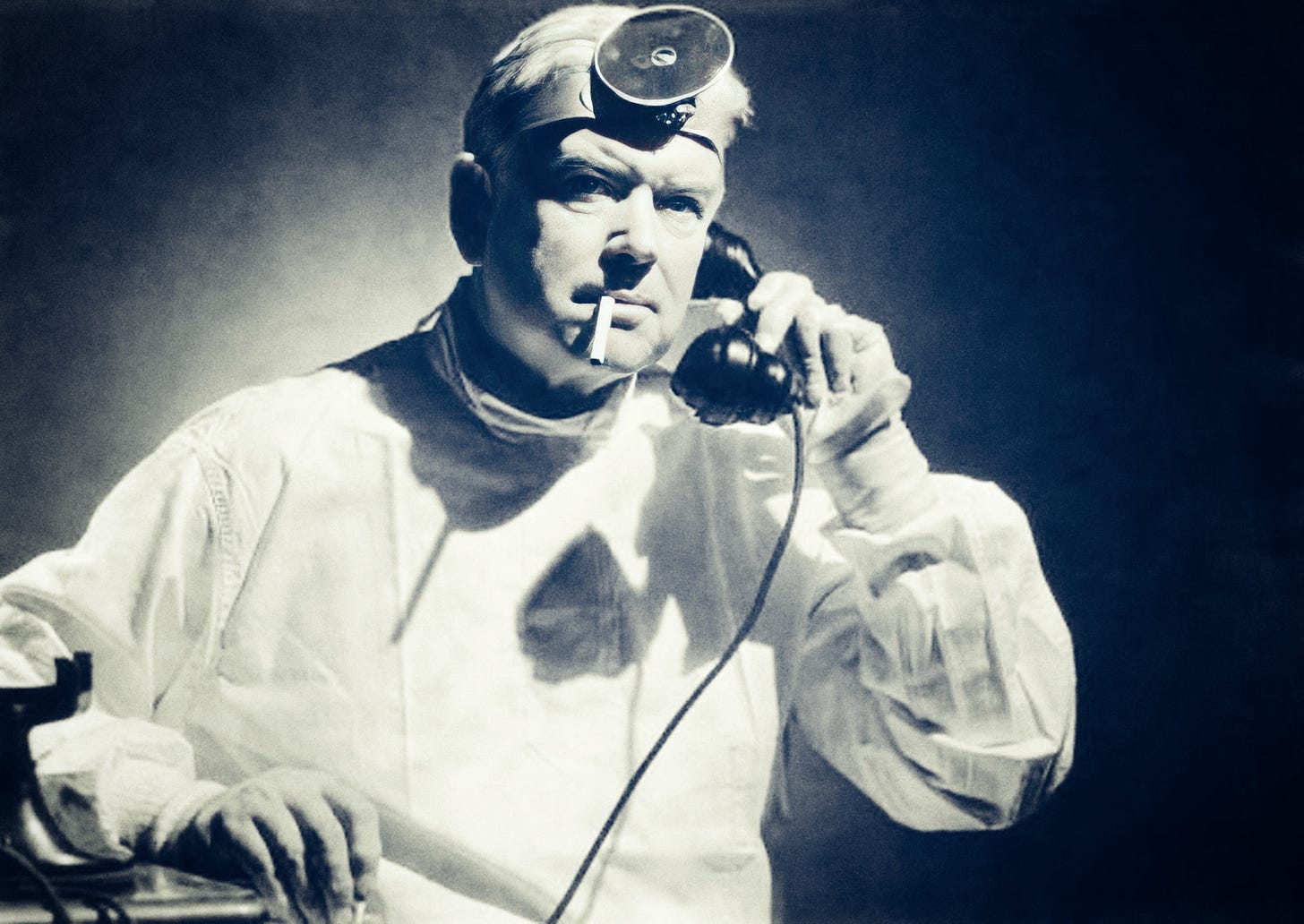

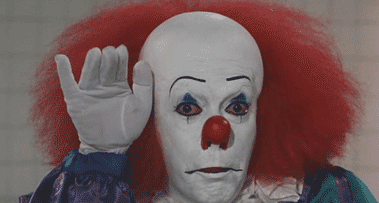

Not me guilty of looking up "celebrityname before and after nose job" on Google every now and then! 😉
I had considered rhinoplasty in the past, but decided against it after thinking "but her nose was already perfect" in aforementioned Google Image searches 😅 Oh, that and watching those graphic plastic surgery shows. 😱
Of course, learning to love your nose is ideal, but absolutely no judgement if a bit of enhancement improves your quality of life (whether that's from a medical or cosmetic perspective).
If anyone reads this comment - you are beautiful! 🥰
P.S I have a secret crush on Dr. Nassif... 🤣
This is a great article. I’ve always wanted to get my nose done. I love my nose from the front, and very much don’t love it from the side. Which begs an important question as I never actually see it from the side (unless I pick up a mirror and spend {waste} time staring at it and willing it straight. So your post helped me realise it’s how I feel about people seeing my profile and the assumption I make about their opinion of my nose. It’s kind of ridiculous when I write that out loud. And it also helped me see that I am ~obsessed~ with other people’s lovely straight noses. It’s the first thing I notice on everyone’s face. So perhaps I could learn to obsess a little less, and save myself a surgery and an outcome I’d never see anyway. Thanks 😘